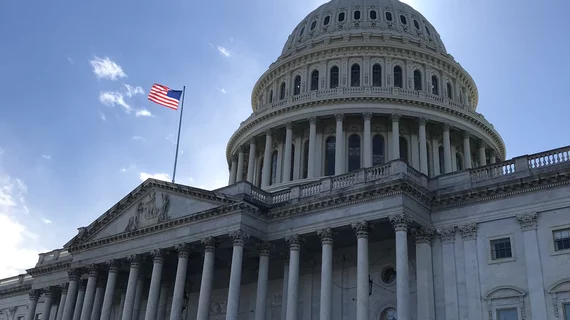Governors urge Congress to act now on medication shortages, supply chain insecurities
Eleven state governors are making their voices heard about the growing problem of drug scarcities. On Aug. 29, a group of Republican governors sent a letter to Congress urging immediate action to address the wave of medication shortages afflicting the United States.
“As an elected member of Congress, we know that you take the health of your constituents and the American people seriously. We, as Governors of our states, have a responsibility to our citizens’ health, as well,” the governors wrote. “A widespread and long-lasting shortage of critical drugs has been impacting the United States of America for years. Many of the most used prescription drugs in the country are facing extensive shortages – drugs like albuterol, amoxicillin, and chemotherapy drugs. Too often, there is no good explanation for why.”
Among the potential explanations for these shortages, the governors cite the fact that over 80% of active components in prescription drugs marketed within the United States are sourced from overseas. In the letter they underscored how this not only poses a national security vulnerability, but also places the United States in competition with other nations for vital resources.
The governors asked Congress to embrace a series of novel policy resolutions aimed at securing ample reserves of medicines. Most notably, they called for transparency–from the procurement of raw materials to make drugs, all the way to the final product–including consumer labels with the country of origin. Further, they called upon Congress to foster greater diversity in the manufacturing of generic drugs, both in terms of raw materials and final production. They expressed the desire for the U.S. to cultivate a regulatory environment that encourages domestic production through a more "favorable" framework.
“The FDA and medical companies are currently restricted by federal law regarding their transparency policies. Congress must grant additional authorities that allow more transparency throughout the drug manufacturing process,” the governors wrote.
The signees also emphasized the necessity for heightened transparency from the FDA concerning ongoing shortages and factors that can disrupt the supply chain. Additionally, they urged the agency to reevaluate its guidelines pertaining to expiration dates for specific medications. They also requested “waivers to allow purchasing of medications from Canada to expand our supply chain capability quickly”.
Presently, the FDA lists 137 unresolved drug shortages, highlighting the gravity of the situation.
The letter was signed by governors Kristi Noem (South Dakota), Sarah Sanders (Arkansas), Eric Holcomb (Indiana), Kim Reynolds (Iowa), Tate Reeves (Mississippi), Mike Parson (Missouri), Greg Gianforte (Montana), Joe Lombardo (Nevada), Chris Sununu (New Hampshire), Greg Abbott (Texas), and Mark Gordon (Wyoming).

